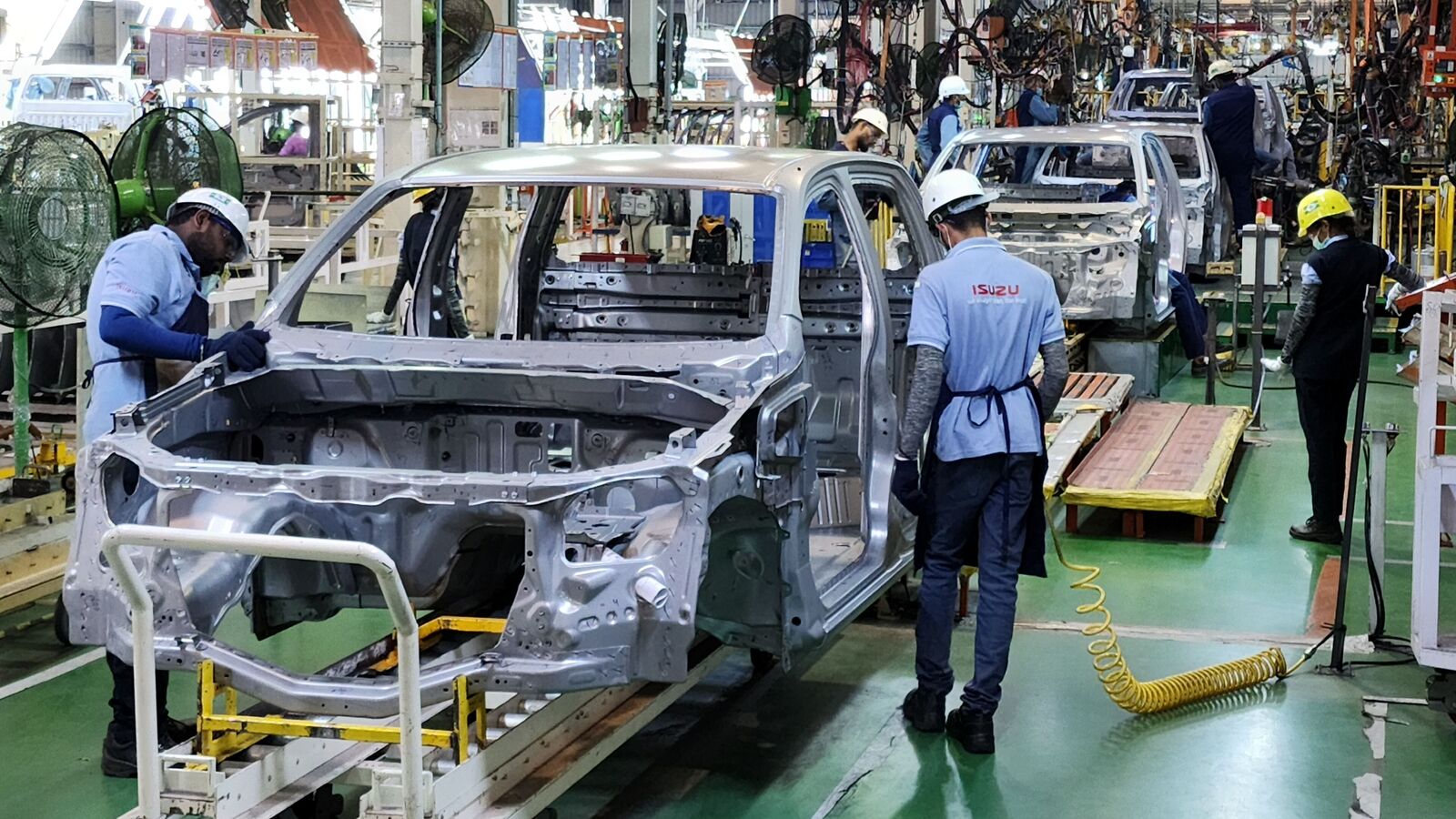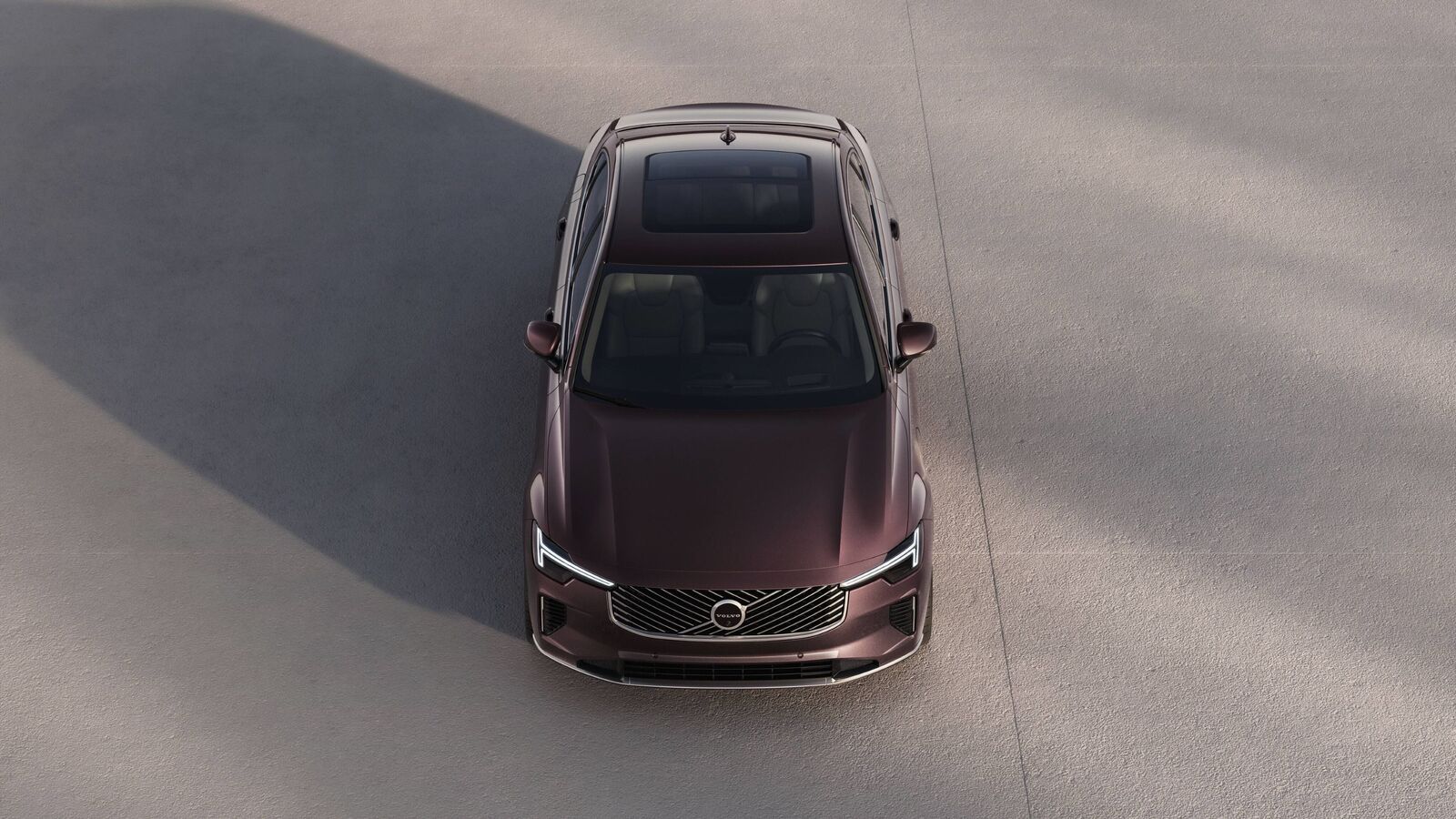Artificial intelligence (AI) has been the buzzword all over the world for some time. Its applications are finding uses in every other sector, and automobile is a prominent example.
The technology is helping automobiles with various abilities pertaining to safety, operations and performance, said Tarun Mehta, CEO of electric scooter manufacturer Ather Energy. Ather launched a machine learning-based solution named SmartEco in 2022; and Mehta said it is gradually finding a lot of adoption.
“The idea of this feature is to get the right range for your vehicle. In real-time, the solution is reading your usage, your power levels, the way you throttle and brake, how much you weigh … and thus gives you the right range available,” he said speaking at TiEcon Delhi Conference, which was held on March 9-10.
Other solutions based on machine learning and AI could be finding the next charger in real-time, booking slots for it and predicting which station the user could go to, he said.
When asked about advanced driving features for two-wheelers, Mehta talked about how machine learning could help with safety. “Using haptics and visual cues can help with feedback on how you’re driving. Let’s say you have to take a left turn and you’re sort of driving in a way where you will almost certainly lose control. Since the system is taking this feedback with haptics, it will let you know that this is a good opportunity to start braking,” he said.
Ather is developing such safety features and these would most likely come out in 18 months.
The CEO also noted the concern of data privacy and management and pointed out that the rider would get the option to exercise these solutions.
“This decision making has to be with the rider unless law compels us to put a restriction. We are not going to take this control in our hands. We are not going to send the signal out. We are not going to send this data out. I think the minute you start taking the liberty, you break the entire trust and you break the adoption of this technology in the first place. So, even for biosensors in the handlebar, which detects whether you are drunk or drowsy, unless you’ve selected the option to stop the car or scooter at that point, or to lock the speed, we will not exercise it. The data will never transcend beyond your will. Even if it comes to us, it will come to us in an anonymous fashion,” he added.
At the event, Mehta was part of a panel discussion titled “AI in Automobiles”. Neha Jain, Head – Electric Vehicles and Innovation Ecosystem of MG Motors, also spoke on the topic and said AI can be effectively used in defect control.
“Be it in logistics, smart warehouse, inventory management, after-sales, predictive maintenance or defect assessments, AI can help in getting real-time data and educating customers in a very timely and advanced manner,” she said.
There are five levels when it comes to autonomy in a car and MG Motors is currently at level two, she said. In this level, data from cars and drivers help to study safety and driving experience. It can be used to avoid accidents and to understand how to protect the driver during a crisis. “So, when it comes to level five, the car becomes fully autonomous with features like lane-keep assist and automated parking assist. These features help you to bring that intelligence in your driving experiences,” she added.






